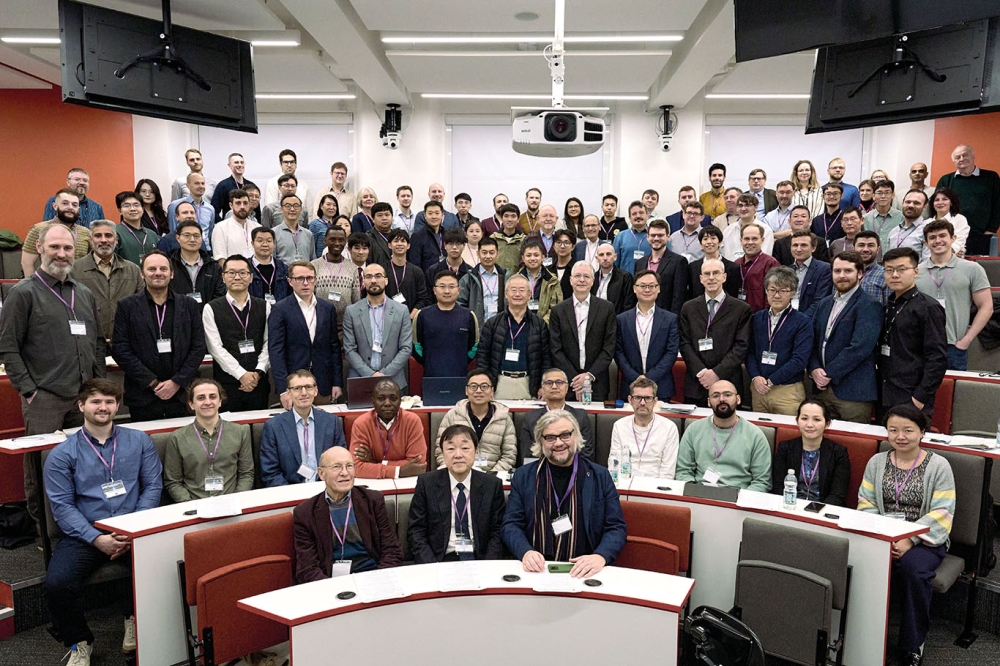IQE heads east to snap up MBE Technology
In its second consolidatory step of 2006, IQE, the UK-headquartered independent epiwafer foundry, is set to acquire its Singapore-based rival MBE Technology.
The two companies have agreed a cash deal valued at S$23 million (£7.5 million), and as MBE Technology is currently profitable, it will immediately add to IQE s bottom-line financial performance.
Founded in 1993, MBE Technology is now generating annual revenue of around $15 million, and is said to have a very strong customer base in the Far East, including one major supply deal with a large Japanese company.
To pay for the acquisition, IQE will raise £4.5 million by placing 25 million new shares on London's AIM stock exchange on December 27. £3.8 million of that raised cash will be used in an initial payment to MBE Technology. The balance of the deal - a further £3.8 million - will be funded by the issue of loan notes repayable from January 2008 onwards.
This latest move by IQE follows a similar deal to acquire Emcore's electronic materials division (EMD) back in August of this year.
With MBE-based epiwafer manufacturing sites in Singapore and Bethlehem, PA, and MOCVD facilities in Somerset, NJ, and at its Cardiff headquarters, IQE has now firmly established itself as a dominant force in the pure-play foundry business.
CEO Drew Nelson said of the latest move, "Following the acquisition of EMD in August, we have now completed our strategy of becoming the leading supplier of wafers to the global wireless industry, providing all the required wafer technologies."
The still-booming wireless market is expected to double the amount of GaAs material required by makers of mobile handsets, cellular base stations and broadband wireless links over the next few years.
Between now and 2009, predicts market researcher Strategy Analytics, nearly 200 million 802.11n broadband wireless systems will be shipped - all of which are likely to use high-value GaAs components such as HBTs or BiFET devices.
IQE added in a trading update that it had accelerated development of BiFET epiwafers at its Somerset, NJ, facility, where demand for wireless products had exceeded expectations.































